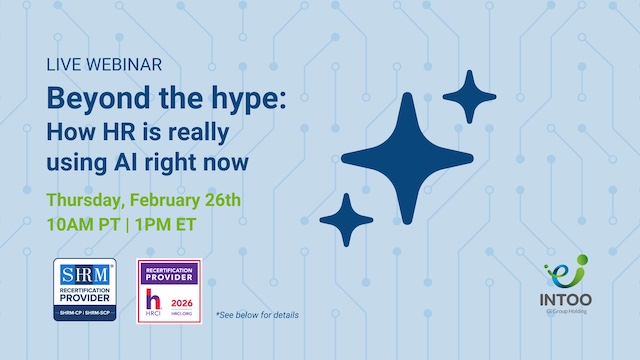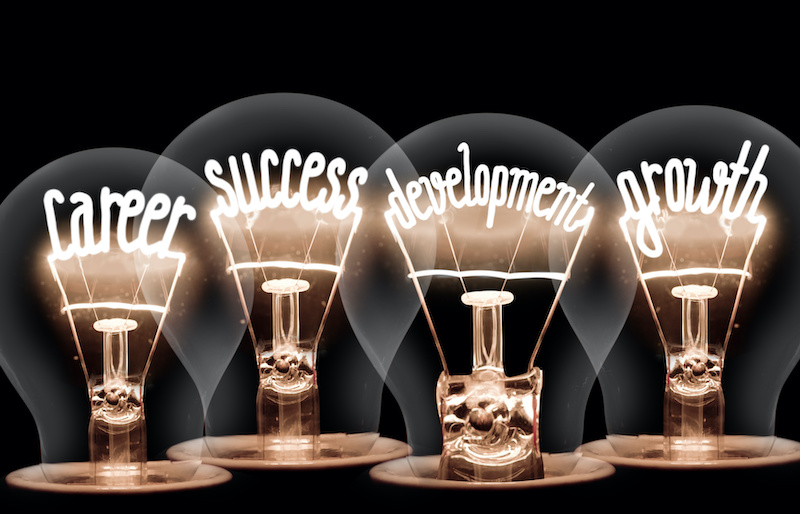What Is DEI (Diversity, Equity, Inclusion)?
DEI, or Diversity, Equity, and Inclusion, refers to a set of principles and practices aimed at creating a workplace culture that respects and values the unique backgrounds, perspectives, and contributions of all individuals, regardless of race, ethnicity, gender, sexual orientation, age, disability, or other characteristics.
Diversity acknowledges the presence of differences among people and seeks to ensure that a variety of voices and viewpoints are represented and included. Equity focuses on creating fair opportunities for all individuals, addressing historical and systemic barriers that have disadvantaged certain groups. Inclusion involves fostering a sense of belonging and involvement where all individuals feel valued, respected, and empowered to contribute their best work.
DEI initiatives often involve policies, programs, training, and leadership commitment to promote a more diverse, equitable, and inclusive workplace, which not only benefits employees but also enhances organizational performance and innovation.
What Are Some Examples of DEI?
DEI (Diversity, Equity, and Inclusion) can be implemented through various initiatives in the workplace. Here are some examples that address each aspect:
- Diversity:
- Recruitment & Hiring: Broaden your talent pool by advertising on diverse platforms, partnering with universities with strong diversity programs, and utilizing unbiased interview practices.
- Mentorship Programs: Create programs that pair experienced employees from underrepresented groups with junior colleagues to provide guidance and support.
- Equity:
- Unconscious Bias Training: Educate employees on unconscious biases and how they might impact decision-making in areas like hiring, promotions, or performance evaluations.
- Standardized Performance Reviews: Establish clear and objective criteria for performance reviews to ensure fairness and minimize the chance of bias.
- Inclusion:
- Employee Resource Groups (ERGs): Support employee-led groups based on shared characteristics (e.g., gender, race, sexual orientation) to foster a sense of belonging and community.
- Inclusive Communication: Be mindful of language and ensure everyone feels comfortable expressing their opinions and ideas in meetings or team discussions.
- Flexible Work Arrangements: Offer flexible work schedules, remote work options, or childcare support to address different needs and create a more inclusive work environment.
These are just a few examples, and effective DEI strategies will vary depending on the organization’s specific needs and demographics. However, by implementing initiatives that focus on diversity, equity, and inclusion, organizations can create a workplace where everyone feels valued and empowered to contribute their best work.




